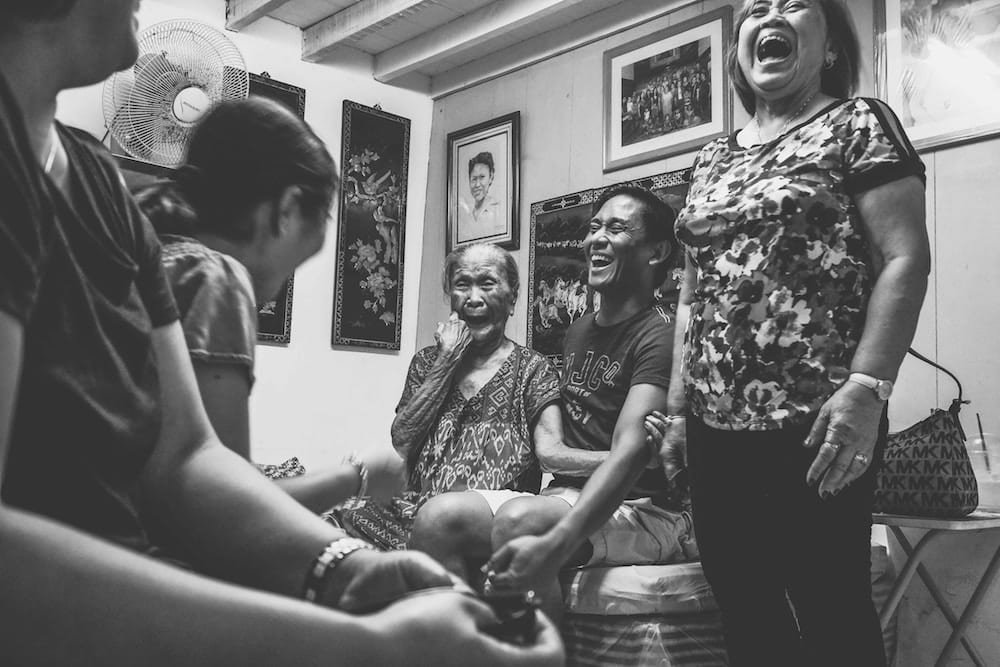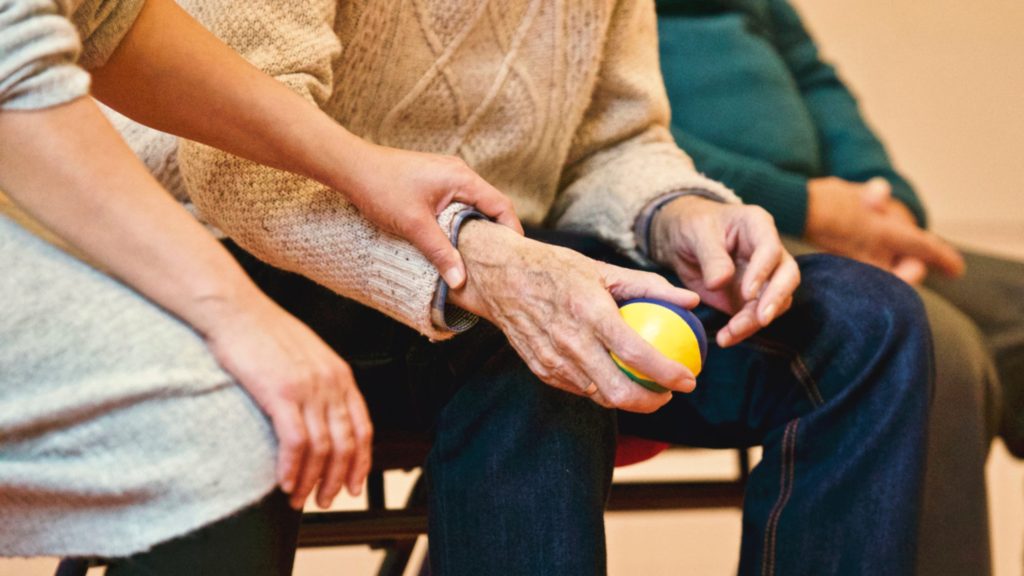
Lidy Seysener is used to difficult conversations. She’s been having them, and leading others through them, for her whole career over about half a century. She knows that some of the most difficult conversations we’ll ever need to have in our lives are about ageing, death and dying. And it’s no less confronting for those who are ageing and dying as for those who are watching it happen to their loved ones.
Here are some guidelines to make these conversations go a little more smoothly. Take a breath, a cup of tea and a leap of faith.
1. Face up to it

There’s no other way to start this kind of conversation than to simply ask your family to be part of it. Sooner is easier than later, or worse – never at all. Don’t deny the reality of ageing, death and dying. Accept that death is a part of everyone’s life and will come to all of us one day.
2. Plan enough time and space

Come together at a time when you are all able to discuss the topic in a quiet and calm environment. You might prefer this to be somewhere private and away from anything that might make you feel uncomfortable. Make sure you allow enough time so the conversation won’t be interrupted or cut off.
3. Be prepared

Be prepared to be fully present and allow the person at the centre of the conversation to set the direction the conversation will take. Approach these conversations with care and empathy for the person. Be respectful of the rights of the person to ultimately make their own decisions about their future.
4. Be clear

Be clear about what the agenda will be for the conversation and do whatever research is needed to be able to contribute something of value. It’s a good idea to be up front about what the conversation is not about, as much as what it is about to help avoid going off track.
5. Be open

Be open to discussing all the possible options for yourself and the other person. If you are discussing another person’s future remember it is their life, they are the one living it. They are likely to be feeling vulnerable so be open to their points of view.
6. Ask questions

Ask open ended questions rather than presenting two choices. Agree that there may be more than one good solution in addressing the future needs of the ageing or dying person. The aim may not be to make decisions today, just having a conversation and airing thoughts can help people think about their wishes and move closer to decisions.
7. Get comfortable with being uncomfortable

Don’t expect that you will have all the answers after one meeting. It may take several meetings over many months or years even. So take some time out between these conversations. And make sure to intersperse these conversations with some fun. Make the most of every precious moment you have with each other
A great way to have a conversation can be to complete an Advance Care Plan together with your loved one. This can be a good way to reduce the confrontation as it is based around a task, rather than the intensity of being between two people. Start our easy questionnaire and you can complete at any time.

















